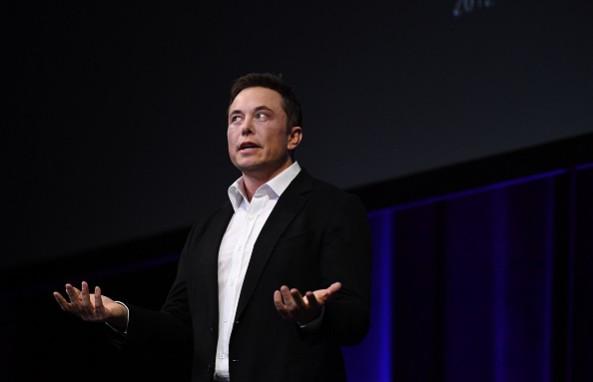
The city of Chicago will be the first to use The Boring Company's transportation system after an announcement by the Mayor. Elon Musk's firm has been testing a rapid underground transit system in the SpaceX headquarters in Hawthorne, California. Now it has received the green light to build and operate the first live system.
As per the announcement, The Boring Company will design, build, finance, operate and maintain the "Chicago Express Loop" that connects O'Hare International Airport to downtown Chicago. The underground system will transport passengers on autonomous electric vehicles running through the tunnels at 123-150 miles (200-240 km) per hour.
Musk and his company will raise the funds for the project and will not cost taxpayers a single penny, the mayor underlined.
Each vehicle, built on the Tesla Model X chassis, will have a capacity of 16 passengers and luggage. A vehicle is expected to depart from each terminus with a frequency of 30 seconds, and take 12 minutes to complete the journey. This is expected to reduce the current travel time on the metro by three to four minutes.
Bringing Chicago's economic engines closer together will keep the city on the cutting edge of progress, create thousands of good-paying jobs and strengthen our great city for future generations," Chicago Mayor Rahm Emanuel said at a joint press conference here with Elon Musk on Thursday.
"This transformative project will help Chicago write the next chapter in our legacy of innovation and invention," he added.
For users, a fare of $20-25 would make the service far more economical than a taxi ride, which is about double the price. Musk, who described the project as revolutionary, said the company will start the drilling later this year once they get the final approval from the city.
Details of the project will be decided later through negotiations between the Boring Company and the City.
The CEO of Tesla is well known for his transportation solutions, which apart from the electric car include the Hyperloop, a pod that will travel in a vacuum between cities and is currently being developed by several companies globally.
[With inputs from IANS]















